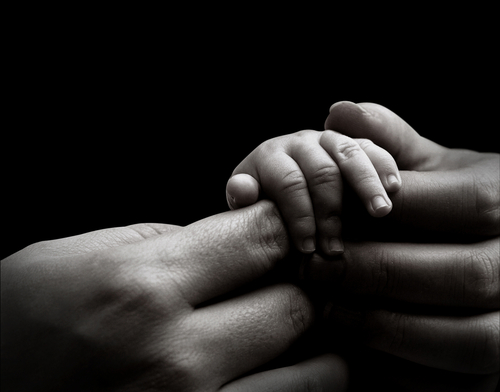
Philippine population has officially hit the 100-million mark, with the birth of 100 babies in state-run hospitals across the country. Each baby was hailed as the nation’s “100,000,000th baby”.
Among the 100 is baby girl Jennalyn Sentino, born out of wedlock to 45-year-old van driver Clemente Sentino and Dailin Cabigayan, 27, on the early morning of Sunday, July 27, 2014.
Sentino explained that Cabigayan “just happened to get pregnant,” but that they “have plans to get married.”
In an underdeveloped and struggling nation as the Philippines, the exponential, growth of population poses many challenges to a government already up against many odds in providing basic services to its citizenry. Albeit, a large population also means a larger workforce; assuming that sufficient jobs can be created.
Speaking to reporters from the AFP, Juan Antonio Perez, executive director of the official Commission on Population, said: “This is both an opportunity and a challenge… an opportunity we should take advantage of and a challenge we recognise,”
Perez added that although a growing population increases the nation’s workforce, it also increases the number of dependents in a country in which, by conservative estimates, 25 percent of people are living below the poverty level.
He pointed out the need to provide services to impoverished families, while simultaneously decreasing the average number of children borne by fertile women throughout their childbearing years.
“We’d like to push the fertility rate down to two children per (woman’s) lifetime,” Perez said. At present, statistics show that the current average is three children per woman.
The government gifted each of the 100 babies born as the “100,000,000th baby” with cake, clothing and blankets, the population official said. He added that authorities will likewise follow-up on each of the babies over the years to next few years to ascertain that they are being given proper health services.
Baby Jennelyn’s father said that he is grateful to the government for the aid which they have pledged, but also expressed confidence in his ability to provide for both mother and child.
“I make just enough to get by but at least my job pays regularly. We will find a way to make it fit,” he said.
The Philippines, a predominantly Roman Catholic country, just recently passed the much-opposed but even more necessary Reproductive Health Bill.